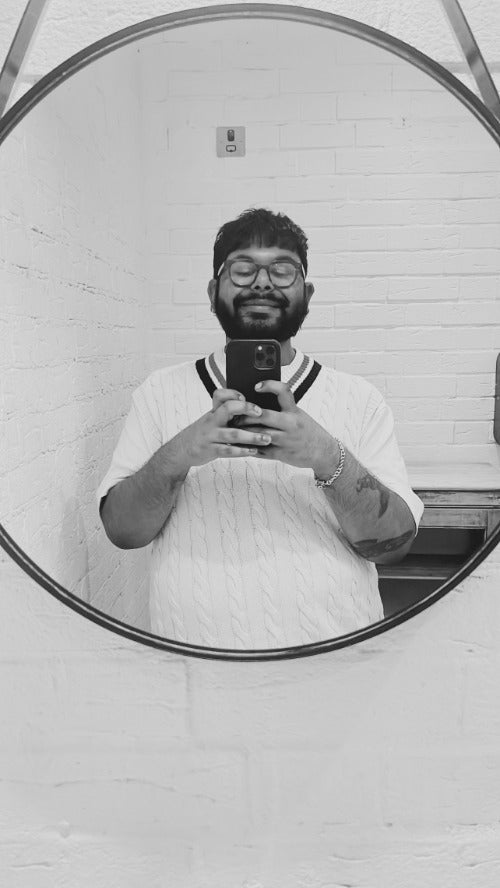
Drinking up to three and a half cups of coffee every day could reduce the risk of early death by up to 31%, a new study suggests.
According to the British Coffee Association, roughly 98m cups of coffee are drunk every day in the UK, with the National Coffee Association revealing that in the US the figure is about 517m cups.
Previous studies have found that drinking coffee can reduce the risks of chronic liver disease and heart disease as well as certain cancers and even dementia.
Researchers from the Southern Medical University in China have looked into data from more than a total of 171,616 participants from the UK BioBank (which has collected genetic, lifestyle and health information including details of participants’ coffee-drinking habits) with an average age of 55.6 years, over a period of seven years.
The greatest impact was seen for those who had a “moderate” coffee habit, defined as between one and a half to three and a half cups per day, were at a lower risk of premature death or death from cancer or heart disease. Similar results were found for those who drank instant, ground, and decaffeinated coffee.
Those who drank coffee without sweetener were up to 29% less likely to die than non-coffee drinkers, with the figure increasing to 31% for those who added a spoon of sugar. The results of the study were published in the Annals of Internal Medicine on Monday. However, Naveed Sattar, a professor of metabolic medicine at the University of Glasgow, expressed concerns over the findings, stating that the conclusions were “far from definitive”.
Speaking to The Guardian, Sattar said: “This is because coffee drinkers are in general more affluent and have healthier lives than non-drinkers and I remain unconvinced whether these factors can be overcome in observational studies. I would suggest people stick to coffee or tea, preferably without sugar, which most people can adapt to, and try to do all the other things we know to keep you healthy—move more, eat and sleep better.”

